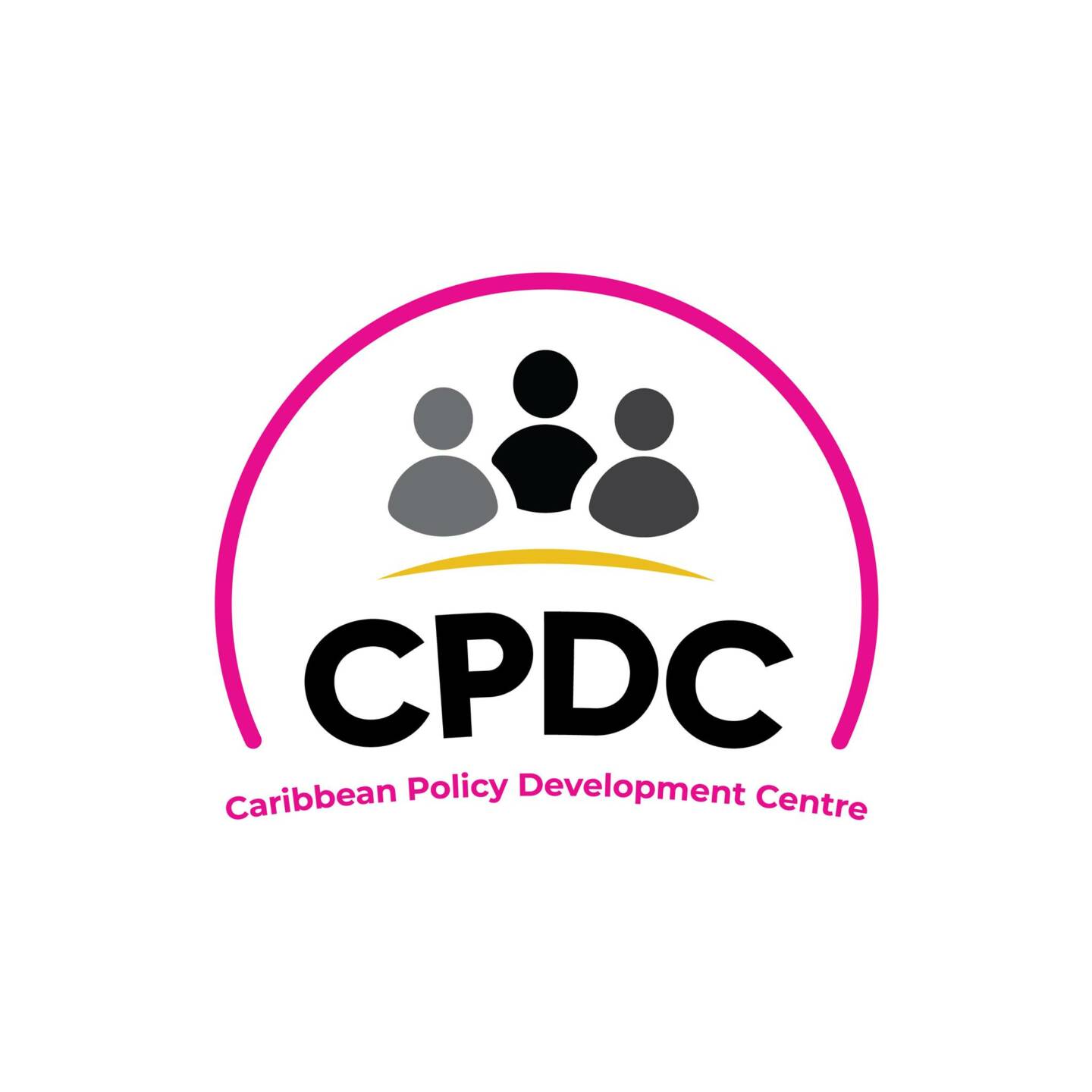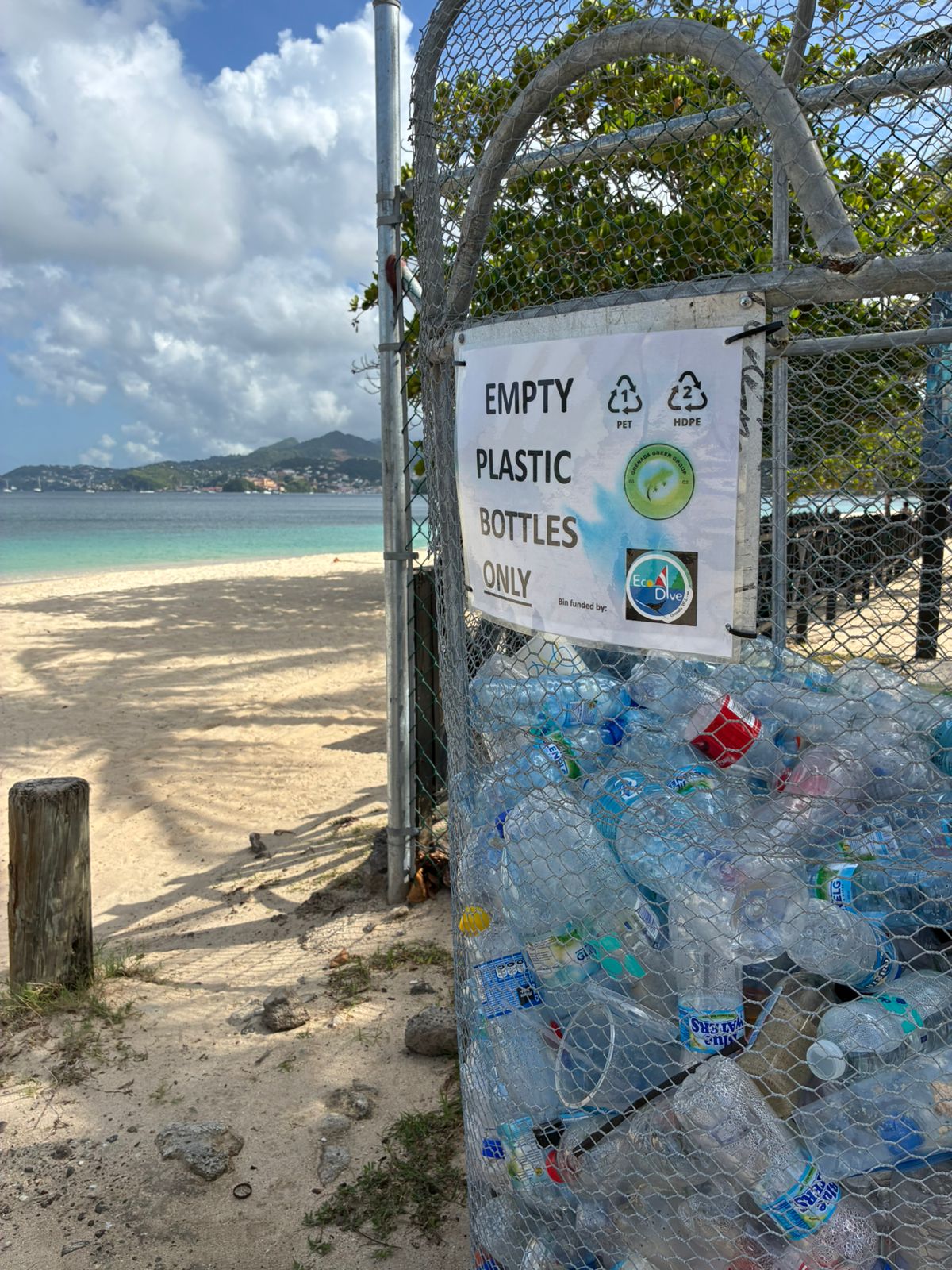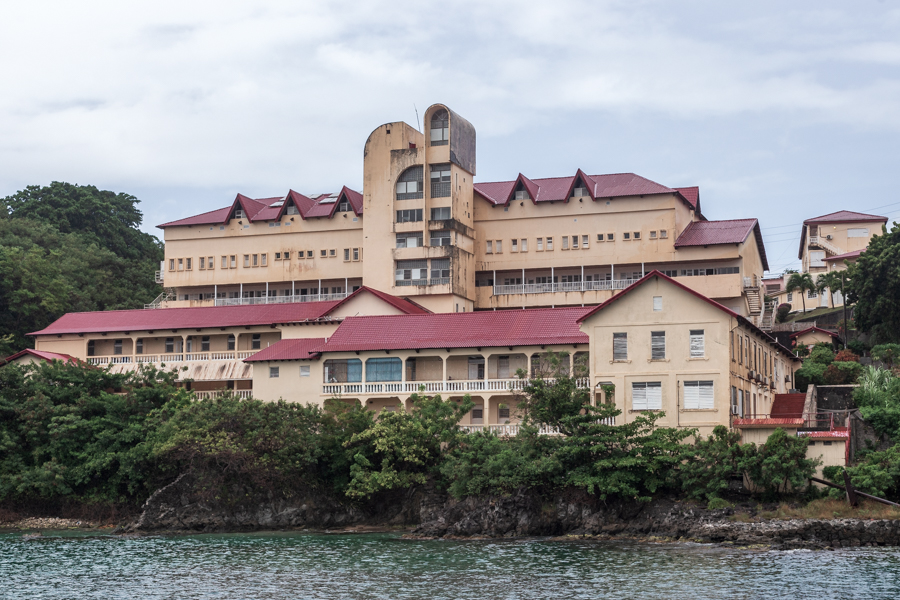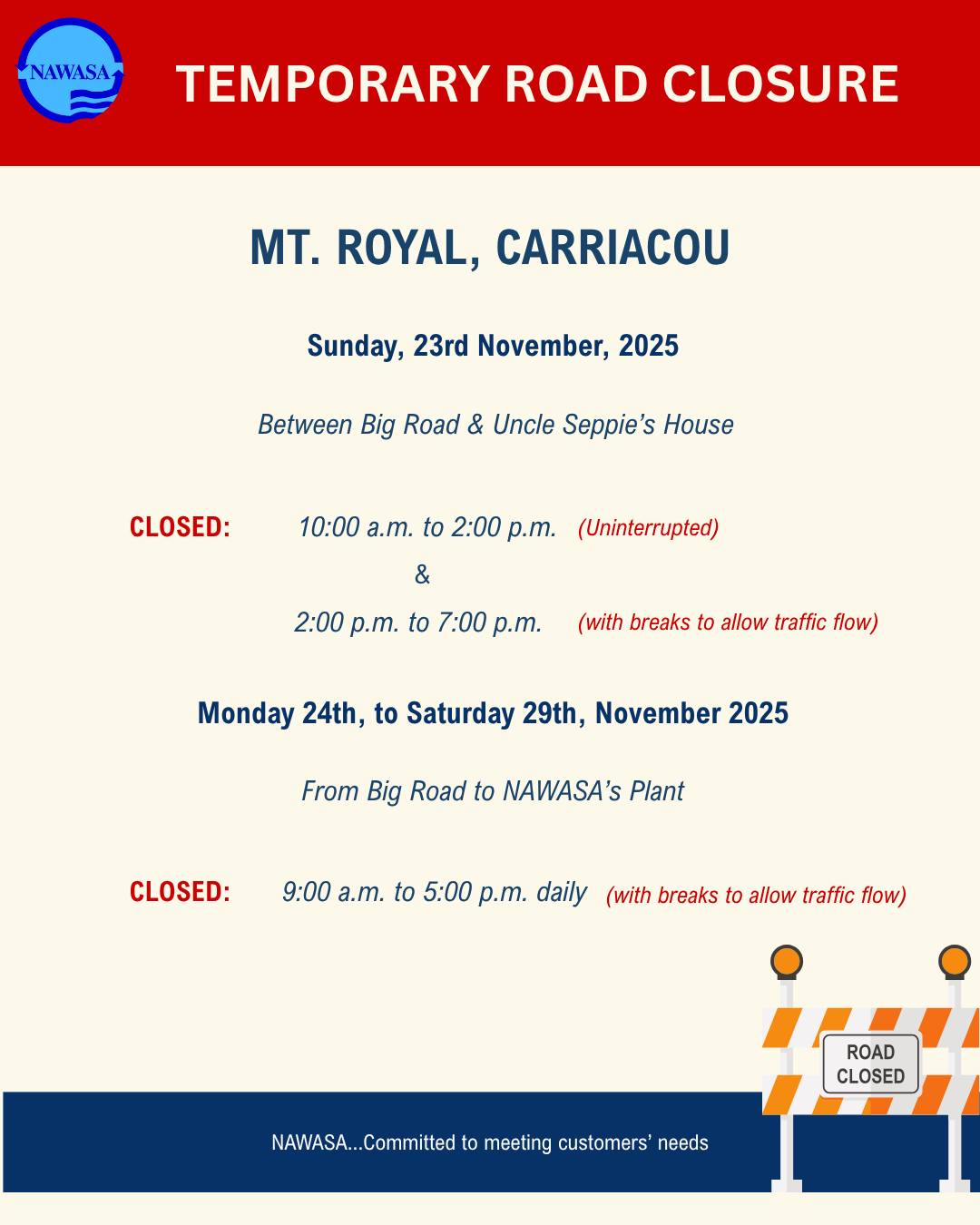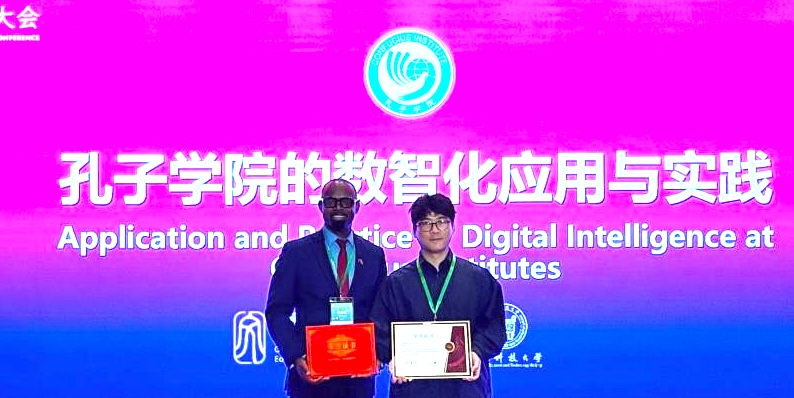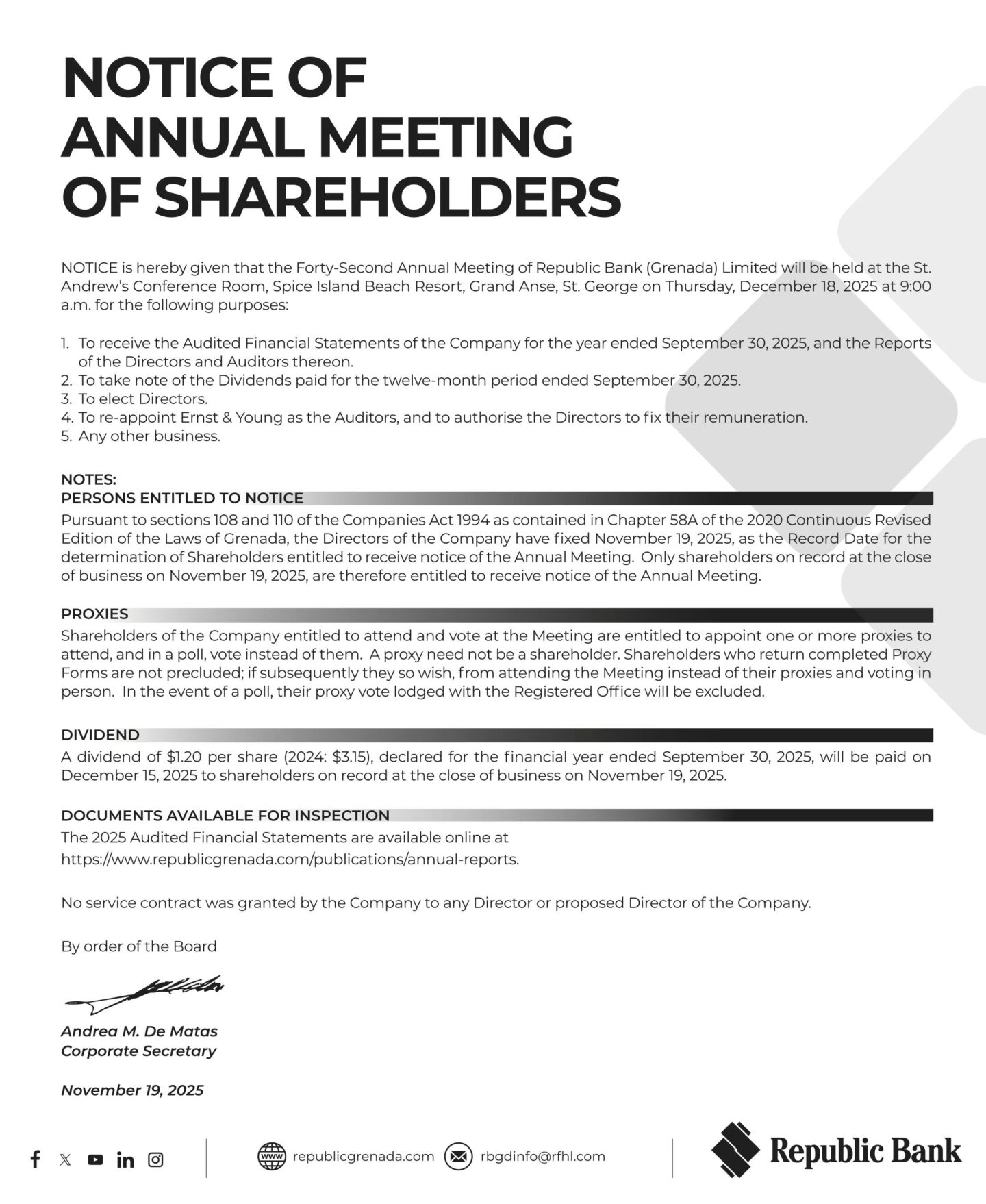In a world increasingly reliant on digital platforms, the Caribbean Policy Development Centre (CPDC) has emphasized the urgent need to protect women and girls from online harassment and violence. As part of the 16 Days of Activism Against Gender-Based Violence, observed annually from November 25 to December 10, CPDC has aligned with this year’s theme: ‘UNiTE to End Digital Violence Against All Women and Girls.’ The campaign highlights the pervasive issues of cyberstalking, non-consensual image sharing, and other forms of technology-facilitated abuse that disproportionately affect women and girls in the Caribbean and beyond.
Digital spaces have become integral to daily life, particularly since the COVID-19 pandemic, serving as platforms for communication, education, and economic empowerment. However, for many women and girls, these spaces are marred by threats that undermine their safety and freedom. According to Caricom statistics, 63%–76% of women and girls in Latin America and the Caribbean have experienced gender-based violence in various settings. Globally, a UN Broadband Commission report reveals that women are 27 times more likely than men to be victims of cyber violence.
CPDC has identified digital violence as a human rights violation and a significant barrier to achieving inclusive and equitable societies. The organization is calling on civil society organizations to take the lead in advocating for stronger legal protections, raising awareness about safe digital practices, and providing support services for survivors. Collaboration with regional institutions, governments, and the private sector is essential to creating safer digital environments across the Caribbean.
To combat digital violence, CPDC recommends several strategies:
1. Advocate for stronger laws and policies to address technology-facilitated gender-based violence.
2. Raise awareness through campaigns, workshops, and educational activities on safe digital practices.
3. Provide support services for survivors, including counseling, legal assistance, and safe reporting mechanisms.
4. Partner with digital technology platforms to improve reporting systems, content moderation, and digital safety tools.
5. Collaborate across sectors to share resources and build networks that promote safe and inclusive digital spaces.
The safety, dignity, and freedom of Caribbean women and girls must extend to digital spaces. By protecting their rights, amplifying their voices, and empowering them to participate fully in society, the Caribbean can move closer to becoming a truly inclusive and equitable region. CPDC urges everyone to stand up for their daughters, sisters, mothers, and friends in the fight against digital violence.
